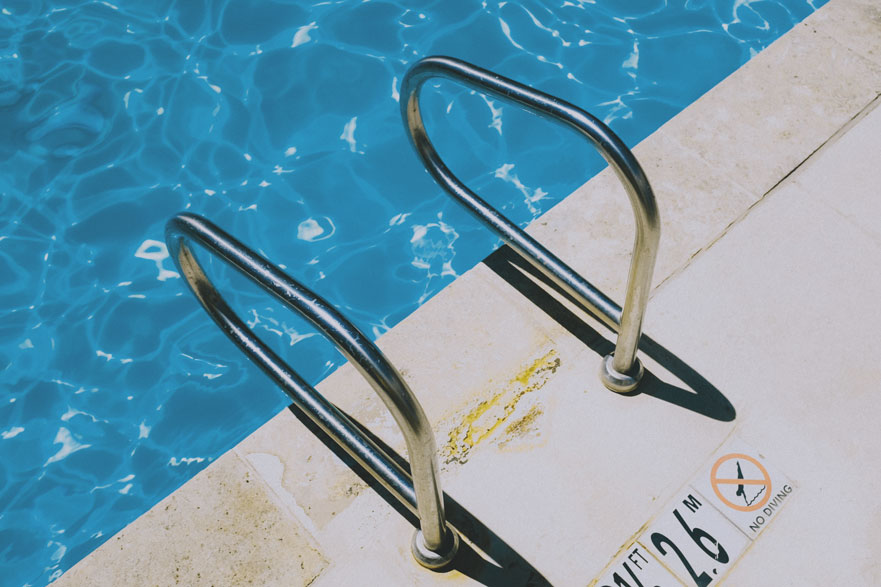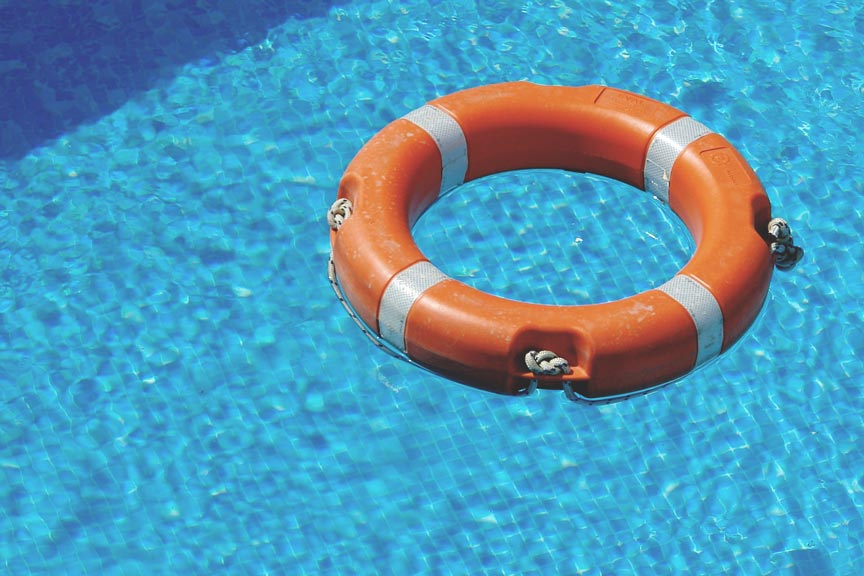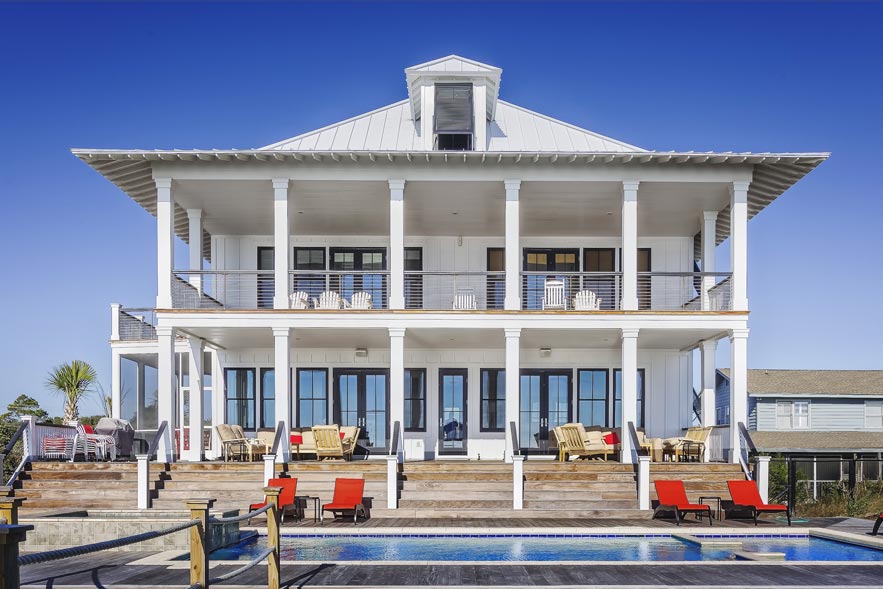What If Someone Is Injured at My Pool?
Many homeowners dream of walking out of their backdoor and right onto the deck of their sparkling pool. However, before you break ground on this dream, there are a few things you should consider. Insurance A pool is a huge liability no matter how you look at it. Dangers of all kinds are apparent where […]

August 28, 2017

Many homeowners dream of walking out of their backdoor and right onto the deck of their sparkling pool. However, before you break ground on this dream, there are a few things you should consider.
Insurance

A pool is a huge liability no matter how you look at it. Dangers of all kinds are apparent where there is a deep hole full of water, and therefore insurance should be one of the first things you consider when you begin work on this project. Your existing homeowner’s insurance will not always cover the liability of your pool, and even if it does, it may not cover what you will need in the case of a lawsuit. Before you pay for a pool, you may consider either paying for liability insurance, or paying a little extra on your current insurance plan in order to increase the liability portion.
Before you start any construction on your new pool, be sure to speak to your insurance agent in order to financially prepare for that responsibility.
Safety Features

In addition to the actual liability coverage, your insurance company may require certain safety features be implemented in and around your private pool in order to lower the cost of your homeowner’s insurance, or even to approve the policy as a whole.
As a homeowner, it is wise to implement every safety feature available, even if it seems impractical. While taking these precautions will not eliminate the homeowner’s liability in the case of an accident, they can decrease the chances that a homeowner may be held outright negligent in the matter. Just a few suggested safety precautions would be to:
- Maintain a structured environment by making sure a capable and sober adult is always present whenever the pool is in use.
- Store any item that may entice a young child, such as toys or inflatables, away from the pool.
- Be sure to cover the pool and keep it completely inaccessible at any time that you are not present. This can be done with a safety pool cover and a gate with an alarm or a lock.
- Keep a telephone near the pool in case of an emergency.
Who Is Liable?

Remember, even if you follow these safety tips, you may still be held responsible for an injury that occurs in or around your pool, even in the case of trespassing. Many pool owners can get caught up in lawsuits in the blink of an eye. This is why it is important to take as many precautions as possible if you decide to get a pool in your backyard.
With that said, if a homeowner chooses to put a pool in his yard, it is his responsibility to ensure the safety of his guests and neighbors. If he fails to take the necessary precautions and you are injured as a result, you could be entitled to compensation. Call Hensley Legal Group today to set up a free consultation about your case, or contact us online.